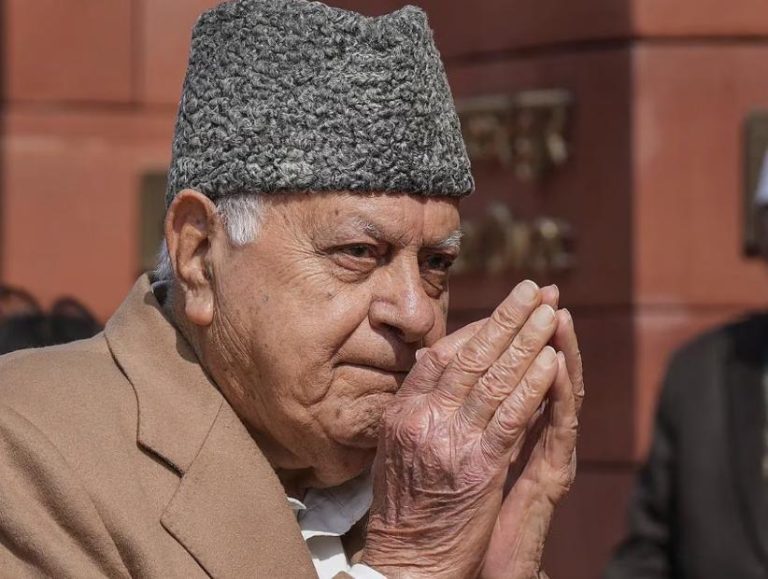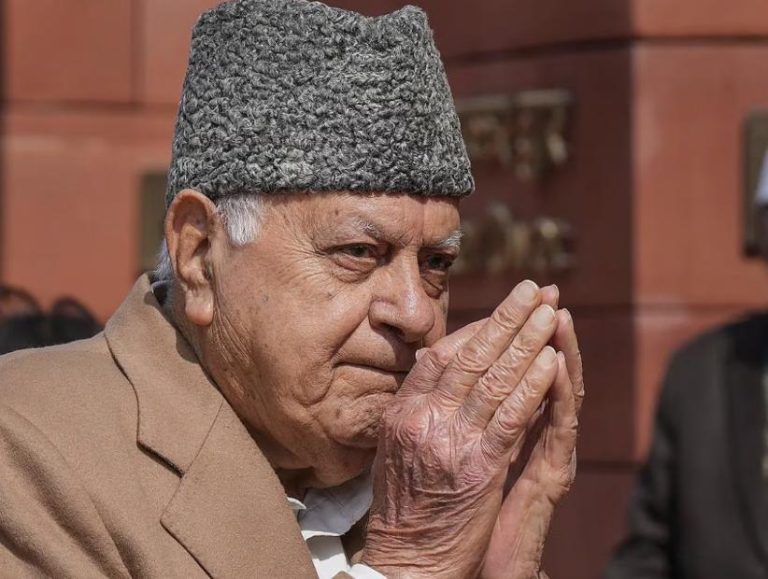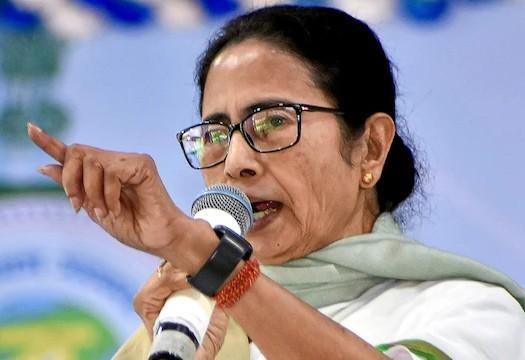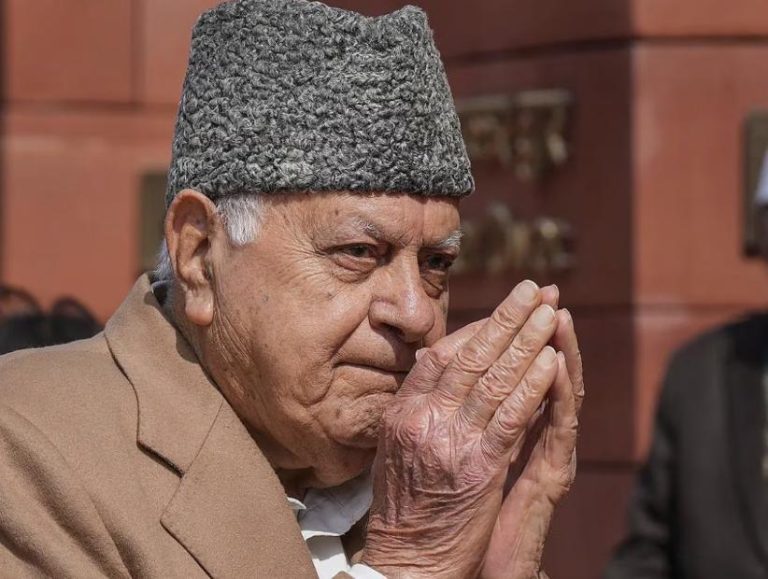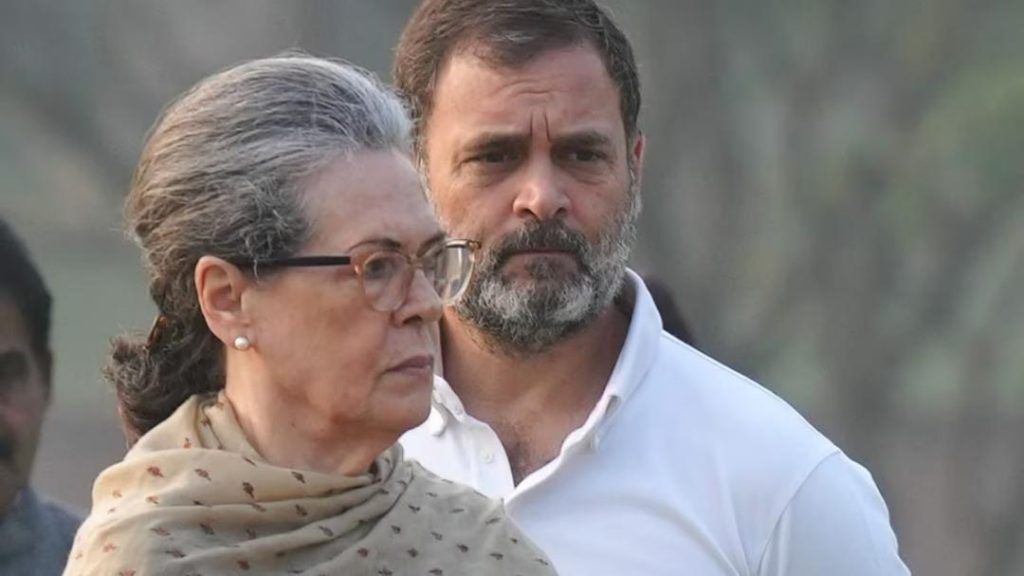
ED Files Complaint Against Sonia & Rahul in National Herald Money Laundering Case
In a significant development in the National Herald money laundering case, the Enforcement Directorate (ED) has filed a prosecution complaint in a Delhi court against Congress leaders Sonia Gandhi, Rahul Gandhi, and Sam Pitroda. The case pertains to the alleged fraudulent takeover of properties valued at ₹2,000 crore by Young Indian, a company linked to Sonia Gandhi.
The complaint was filed before the Special Judge, Praveen Singh Bhati, in a Delhi court, claiming that the accused had committed the offenses of money laundering and cheating. The ED has alleged that the accused had hatched a conspiracy to defraud the public interest and had laundered the proceeds of crime.
The case has its roots in a civil lawsuit filed by Subramanian Swamy, a Bharatiya Janata Party (BJP) leader, against the Gandhis and others in 2012. Swamy had alleged that the Gandhis had taken over the assets of National Herald, a newspaper, by using a shell company, Young Indian, which was allegedly used to siphon off funds from the newspaper.
The ED had registered a case under the Prevention of Money Laundering Act (PMLA) in 2013, based on Swamy’s complaint. The agency had conducted a thorough investigation and collected evidence, including documents and bank records, which suggested that the accused had committed the offenses of money laundering and cheating.
The ED has alleged that Young Indian, a private limited company, was formed in 2010, with Sonia Gandhi as its chairman and Rahul Gandhi as its director. The company had acquired the assets of National Herald, including its properties, for a consideration of ₹50 lakh, which was allegedly more than 90% of the company’s net worth.
The ED has claimed that the accused had used the company to launder the proceeds of crime, which was generated from the alleged fraudulent takeover of National Herald’s assets. The agency has also alleged that the accused had cheated the public interest by misusing the assets of National Herald, which was a public interest newspaper.
The ED has sought the court’s permission to prosecute the accused under the PMLA, which carries a maximum punishment of up to seven years in jail. The agency has also sought the court’s direction to attach the assets of the accused, which it believes are proceeds of crime.
The Congress party has been accused of using National Herald as a tool to garner political support and to promote its ideology. The party had used the newspaper to spread its message and to criticize the government, but the ED has alleged that the party had used the newspaper to further its own interests and to accumulate wealth.
The ED’s action has sparked a political controversy, with the Congress party accusing the government of using the agency to target its leaders. The party has claimed that the ED’s action is an attempt to discredit the Gandhis and to weaken the party.
The ED’s complaint has been filed just a week before the Delhi Assembly elections, which are scheduled to take place on February 8. The elections are seen as a significant test for the Aam Aadmi Party (AAP), which is seeking to retain power in the state.
The development has also sparked a debate about the use of money laundering laws to target political opponents. The ED’s action has been criticized by some as an attempt to use the law to harass and intimidate political opponents.
However, the ED has defended its action, saying that it is committed to investigating and prosecuting cases of money laundering and cheating, regardless of the accused’s political affiliation. The agency has said that it will continue to investigate and prosecute cases of corruption and money laundering, as per the law.
In conclusion, the ED’s complaint against Sonia Gandhi, Rahul Gandhi, and Sam Pitroda in the National Herald money laundering case is a significant development in the case. The case has sparked a political controversy, with the Congress party accusing the government of using the agency to target its leaders. The ED’s action has also sparked a debate about the use of money laundering laws to target political opponents.
